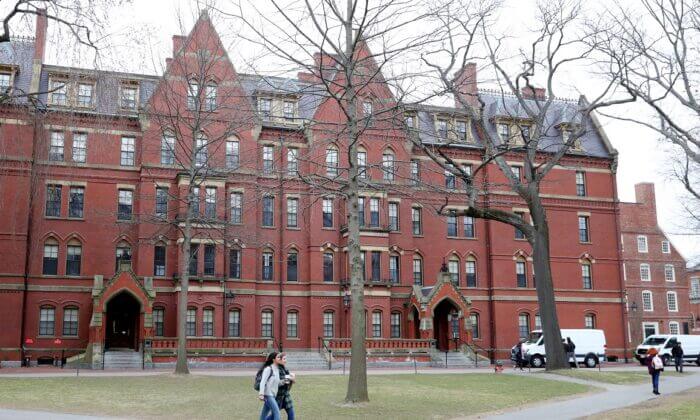The future of racial quotas in university admissions will depend largely on the outcome of one of the most hotly disputed and closely watched cases of the Supreme Court’s new term.
On Oct. 31, the court is scheduled to hear oral arguments in the long-running case of Students for Fair Admissions v. President and Fellows of Harvard College, which will address the use of race-based admissions policies not only at Harvard but at the University of North Carolina (UNC) at Chapel Hill.
The lawsuit, which seeks to overturn the 2003 ruling in Grutter v. Bollinger permitting universities to consider race in admissions decisions with a view to augmenting diversity, began as two separate legal actions against the two institutions. Their contention was that such discriminatory policies unfairly disadvantage Asian-American applicants (and, in the case of UNC, white applications) in violation of Title 6 of the Civil Rights Act of 1964.
In January, the court consolidated the two actions into a single lawsuit, only to split them up again in order to allow new Justice Ketanji Brown Jackson, who has served on Harvard’s board of overseers, to participate in the UNC case while recusing herself from the one involving Harvard.









